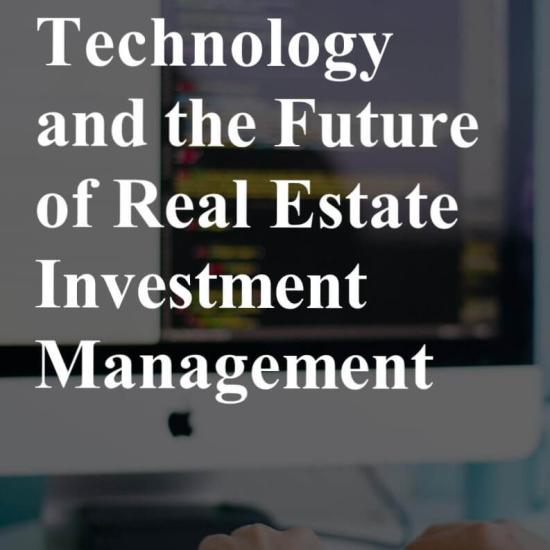PropTech: turning real estate into a data-driven market?
The real estate industry is traditionally a slow-moving asset class. The recent hype around real estate technology or 'PropTech' stands in stark contrast to this traditional view on real estate. It has been argued that this ‘digital disruption' of the industry may lead to a digitalised global real estate market. Data-driven markets are often characterised by a winner-takes-all competition between firms that offer platform business models centrally focused on providing digital services for users, who 'pay' in providing more user data.
In this paper, we investigate whether PropTech is actually turning real estate into a data-driven market. The quantitative findings reveal that such trends are at work in PropTech. It is indeed an increasingly important, global phenomenon, with data analytics technologies at the core of the network of property technologies.
The findings are important for users and owners of real estate. In order to benefit from the efficiency gains associated with the digitalisation of the market, they need to become aware of the business value of data they are generating in buying, renting, or managing real estate.












